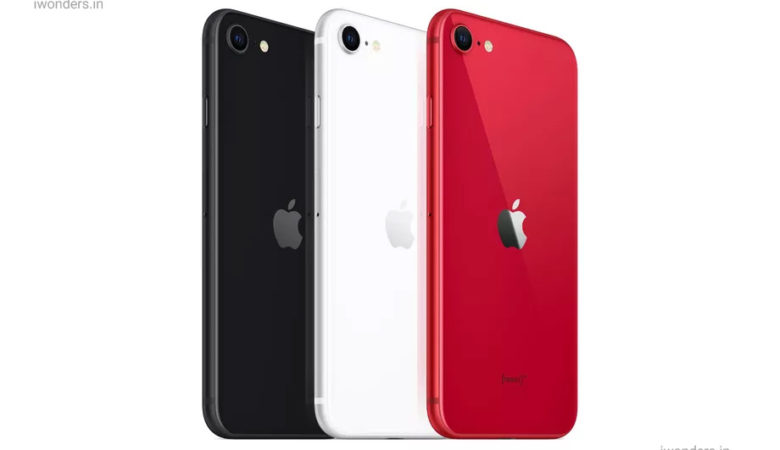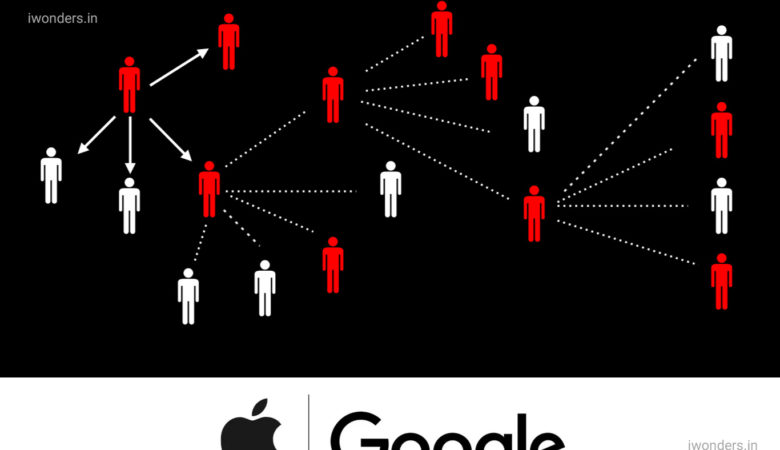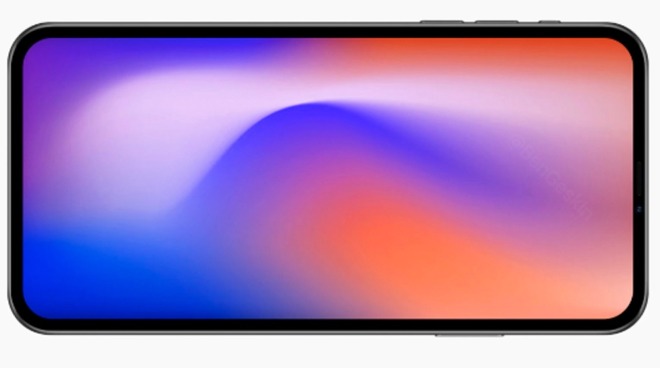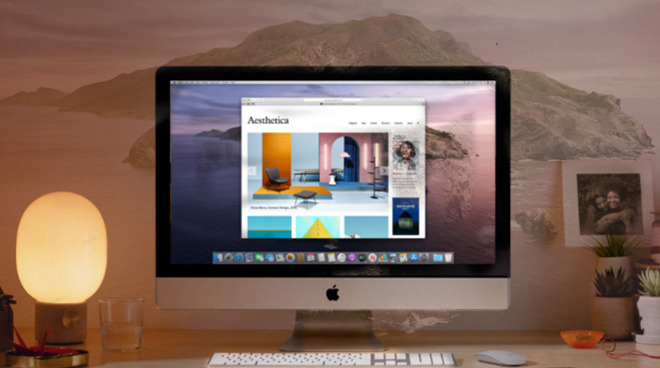
Apple continues to explore ways of extending or improving the iMac, this time by working on integrated technology to extend the user’s screen by projecting displays onto nearby surfaces such as walls.
Following its previous patent proposing an iMac made out of a single sheet of glass, Apple is now exploring whether Macs could utilize any wall space behind them to project an expanded display.
“Housing Structures and Input-Output Devices For Electronic Devices,” US Patent No 20200081492, argues that currently, a device’s chassis “may be formed from materials that are unsightly or that hinder the operation of input-output devices.”
Apple’s proposed solution to “unsightly” materials, is to instead use the surfaces around a computer, such as a wall behind it. “In some arrangements,” says the patent, “the electronic device may be provided with projecting displays that help enhance the area used for providing a user with visual output.”
While the patent’s drawings show a regular iMac projecting information behind it, the descriptions also speak of reducing how much such a device would get in the way of its own projection.
“The rear housing wall may have a glass portion or other transparent structure through which projectors project images onto nearby surfaces and through which image sensors and other optical sensors receive light,” continues the patent.
That could just mean that the back of the iMac is glass, but Apple suggests that the aim is to effectively make the Mac invisible. The parts of the projected screen that are blocked by the Mac could be shown on the Mac’s screen instead.
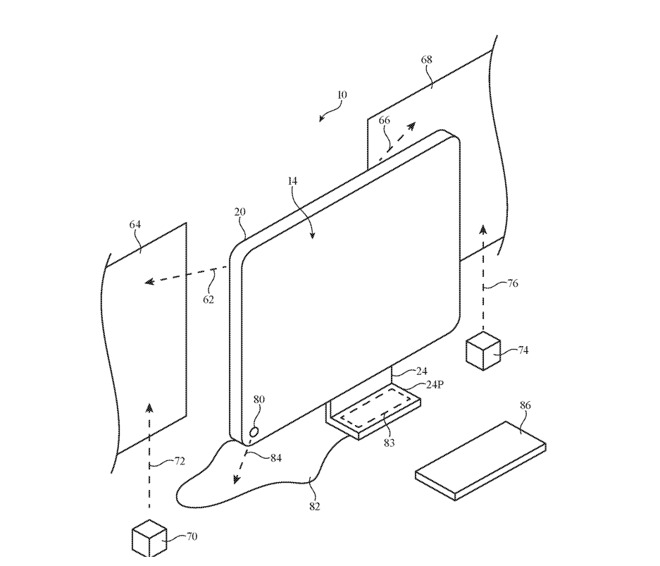
“Although portions… cannot be viewed directly, a camera on the rear of device or other image sensor circuitry may capture an image that contains portions… and this image may be displayed in real time on display in alignment with the locations of the blocked portions,” it says.
This patent regarding projection is credited to Paul X. Wang and Joshua P. Song, both of whom are also listed as inventors on the patent application describing an iMac made out of one single glass sheet.
as

